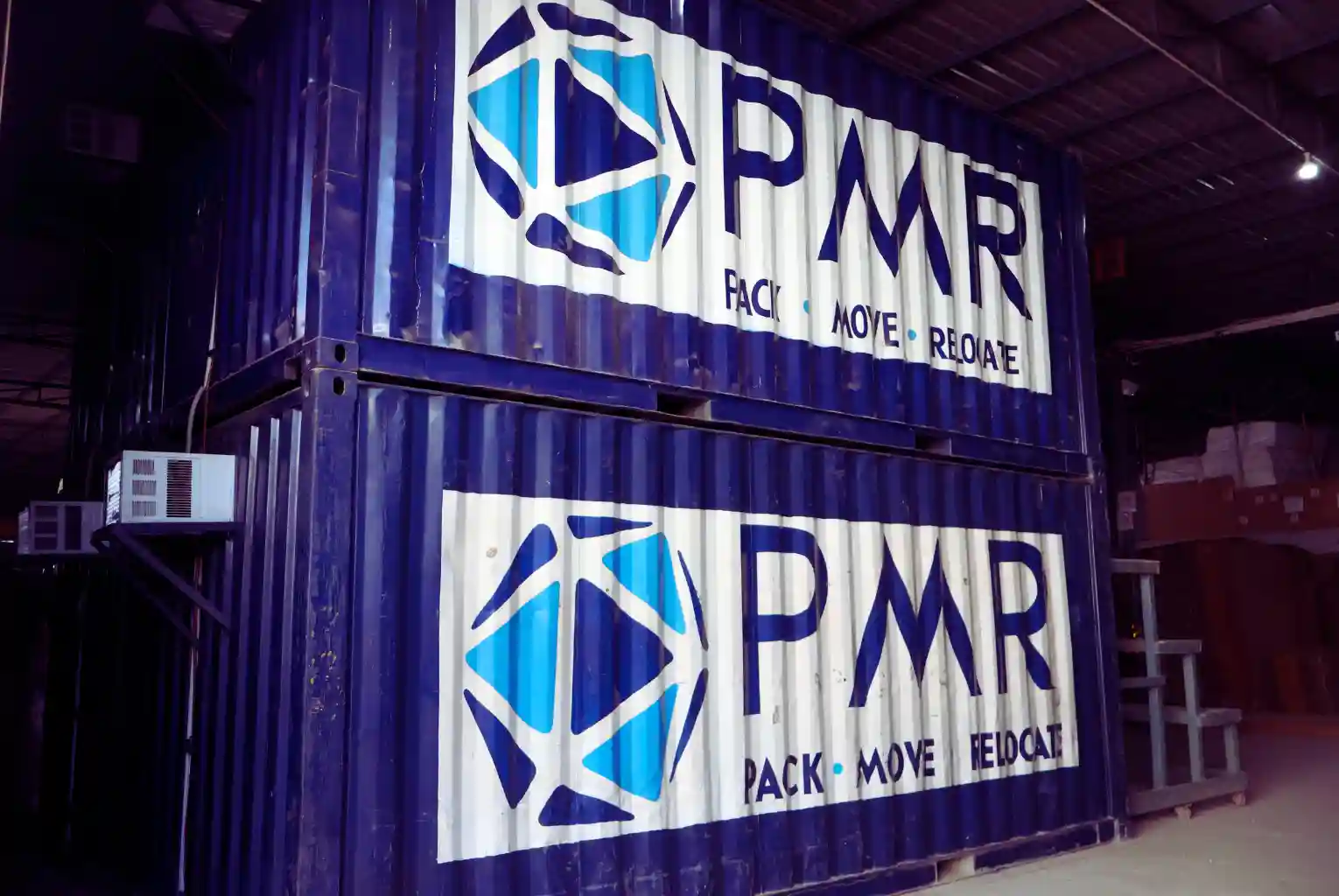RELOCATION TAX TIPS: WHAT YOU NEED TO KNOW BEFORE YOUR MOVE

Introduction
Are Moving Expenses Tax Deductible?
For civilians, the majority of moving tax deductions are now not allowed on federal returns. Nevertheless, certain states continue to provide moving expenses deductions. You should verify the state relocation taxes statutes to ascertain whether you qualify for any deductions in the state.
Knowing the Tax Effects of Moving
If your employer pays for moving costs, those payments are generally considered taxable unless otherwise indicated. Some employers will provide tax assistance or gross-up payments to reimburse the taxes on these payments, lowering your net tax cost.
Key Moving Tax Tips for a Smartly Managed Move
1. Document and Record All Moving Costs
Having accurate accounts of your moving costs can come in handy during negotiations with your employer for reimbursement or when seeking state tax credits. Keep records and receipts of transportation, packaging, and storage costs.
2. Know Employer Reimbursements and Tax Implications
If your company includes relocation help as part of its benefits package, determine if reimbursement is taxable. Most relocation payments are subject to federal and state income tax, unless your employer gives a gross-up to make up for additional tax liability.
3. Identify Deductible Moving Expenses at the State Level
Although federal deductions for moving expenses are limited, some states still allow deductions for expenses like:
- Packing and transportation costs
- Fees for temporary storage
- Utility disconnection and reconnection fees
Each state has a different tax system. Researching the tax system of your new state can help you plan smart and keep you away from surprises.
5. Submit the Proper Moving Tax Forms
In case you are eligible for deductions, make sure to submit the proper moving tax forms to the IRS or state tax agency. Filing correctly ensures you receive any benefits you are entitled to while avoiding penalties.
Employer Assistance and Relocation Tax Benefits
In addition, some professions and occupations are eligible for certain tax credits or deductions for relocation costs. Consulting with a tax expert might enlighten you as to whether you are eligible for any work-related tax incentives.
Typical Errors to Avoid When Filing Moving Taxes
1. Disregarding State Tax Differences – Certain states have income tax and others do not. Disregarding this can cause surprise tax bills.
2. Not Knowing Employer Reimbursements – In case your employer offers relocation assistance, ensure it is grossed-up to compensate for extra tax costs.
3. Not Saving Receipts – Even if you are not sure about deductions, keeping receipts for moving costs can prove useful.
4. Overlooked Tax Filing Deadlines – Filing late can incur penalties and forgo potential deductions.
How to Plan Your Move with Taxes in Mind
- Get Professional Tax Consultation – An expert tax advisor can advise on qualification for deductions and employer reimbursement tax consequences.
- Negotiate Relocation Assistance with Your Company– If relocating for work, request that your company reimburse you for any tax obligation resulting from relocation payments.
- Plan Your Move Wisely – Moving toward the end or start of the year can produce varying tax outcomes, so coordinating accordingly can prove helpful.
- Maintain Accurate Financial Records – Proper documentation can help with tax filings and employer reimbursements.
How PM Relocations Can Assist You
Our Blogs

WHY SUCCESSFUL RELOCATION DEPENDS MORE ON RELOCATION PLANNING THAN DISTANCE
Successful relocation is rarely defined by distance—it’s driven by effective planning. From choosing the right storage solutions to coordinating warehouse timelines, smart relocation planning helps protect your belongings, reduce delays, and ensure a seamless transition. Whether it’s short-term storage or long-term warehousing, organized logistics play a critical role in making any move successful.

WHY YOUR BELONGINGS DESERVE A PAUSE: RETHINKING STORAGE AND WAREHOUSING SERVICES DURING RELOCATION
Relocation is not always a seamless door-to-door journey. Delayed handovers, international transit schedules, temporary housing, or sudden changes in plans often create a gap between moving out and moving in. During this uncertain phase, professional storage and warehousing services provide a safe, controlled environment for your belongings. From short-term holding to long-term storage, these solutions ensure your household goods remain protected, organized, and ready for the next step of your relocation—without adding stress to an already complex move.

WHY INTERNATIONAL RELOCATION TIMELINES OFTEN SLIP — AND WHAT YOU CAN DO TO STAY ON TRACK
International relocation timelines often look straightforward on paper—but reality tells a different story. Visa approvals, customs regulations, documentation gaps, port congestion, and coordination between multiple service providers can easily cause unexpected delays. Even small oversights early in the planning stage can snowball into weeks of disruption. This blog breaks down the real reasons why international relocation timelines slip and, more importantly, outlines practical steps you can take to anticipate risks, plan smarter, and keep your global move moving forward without unnecessary stress.



